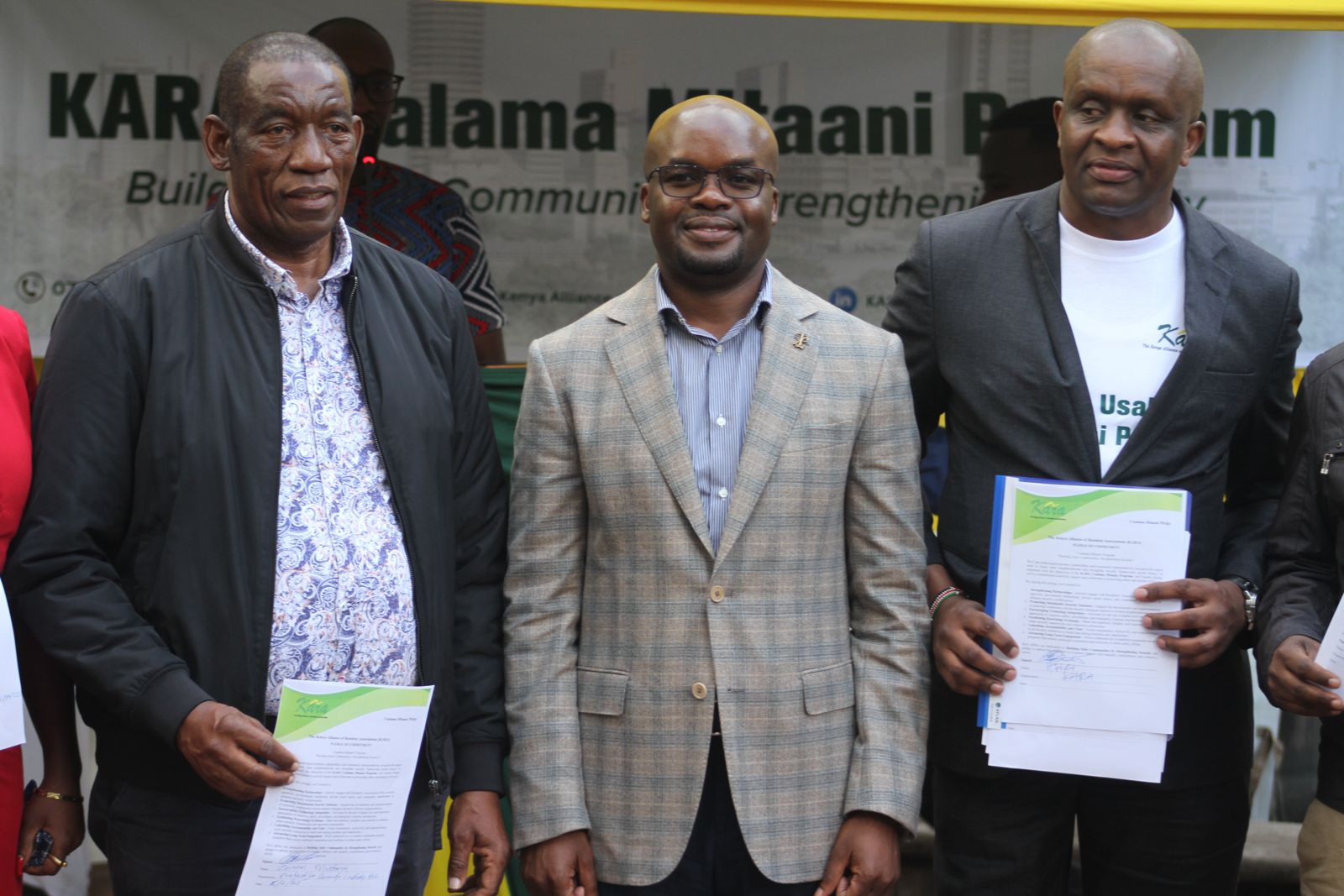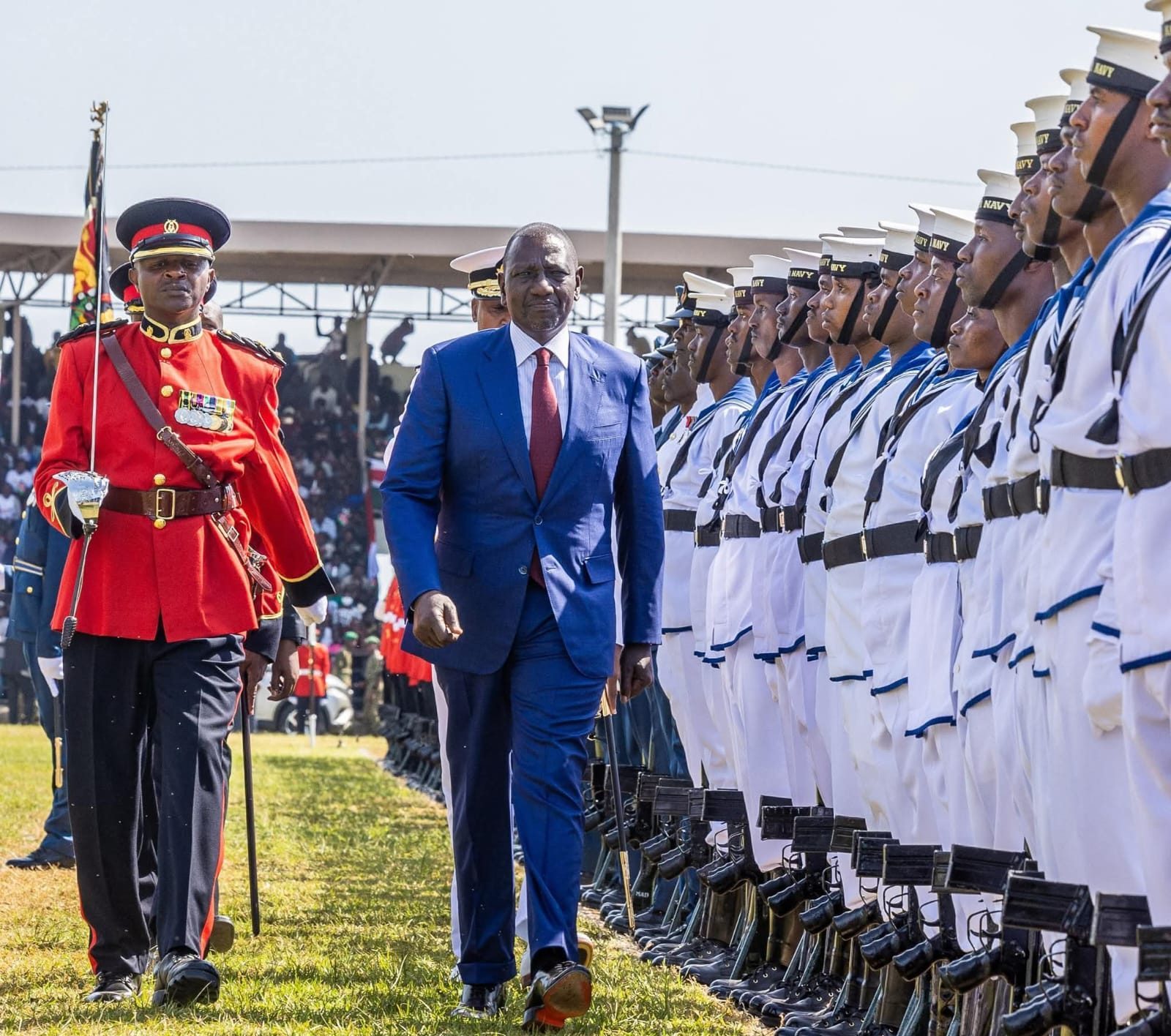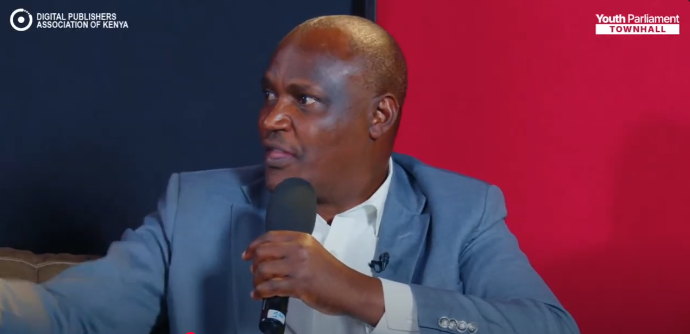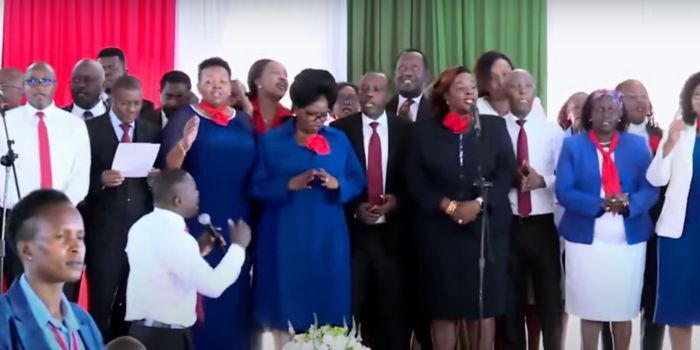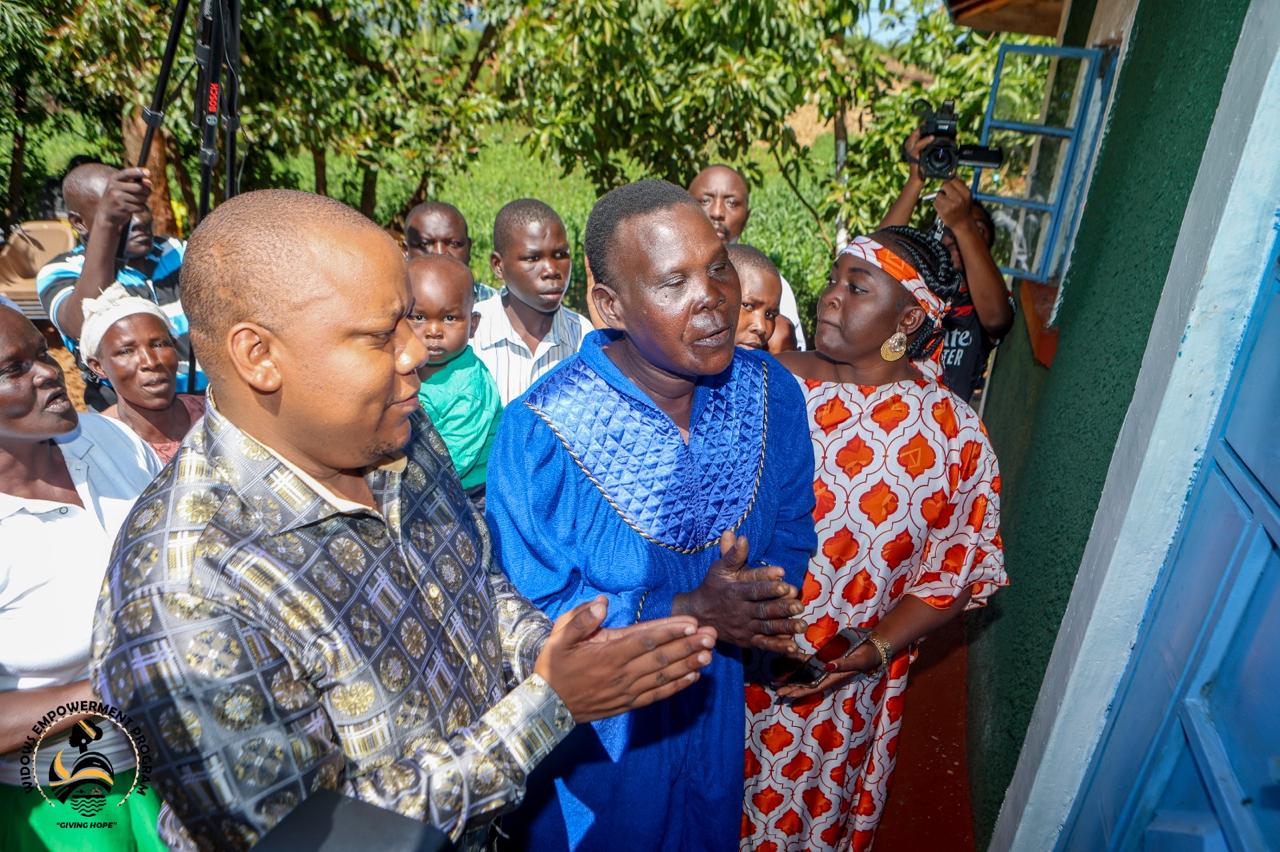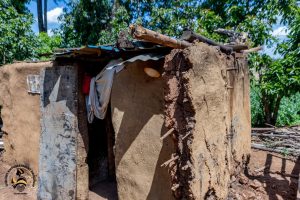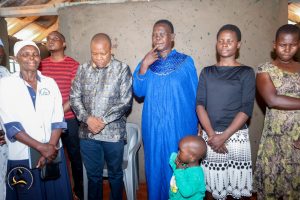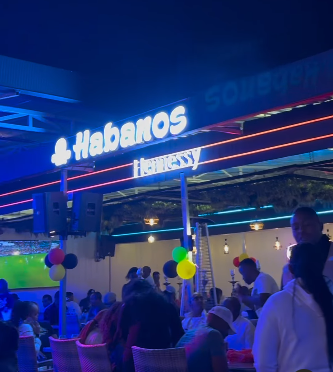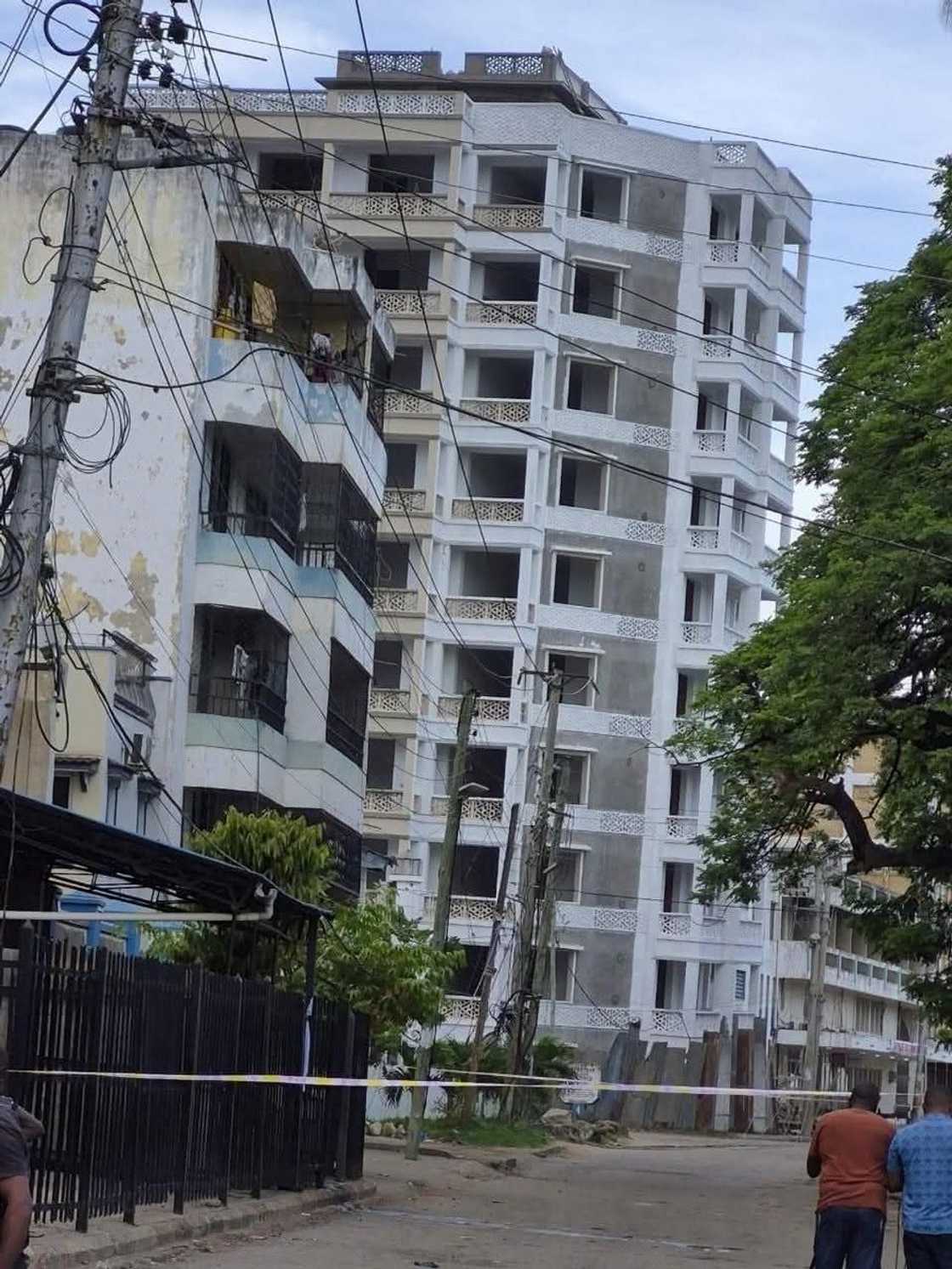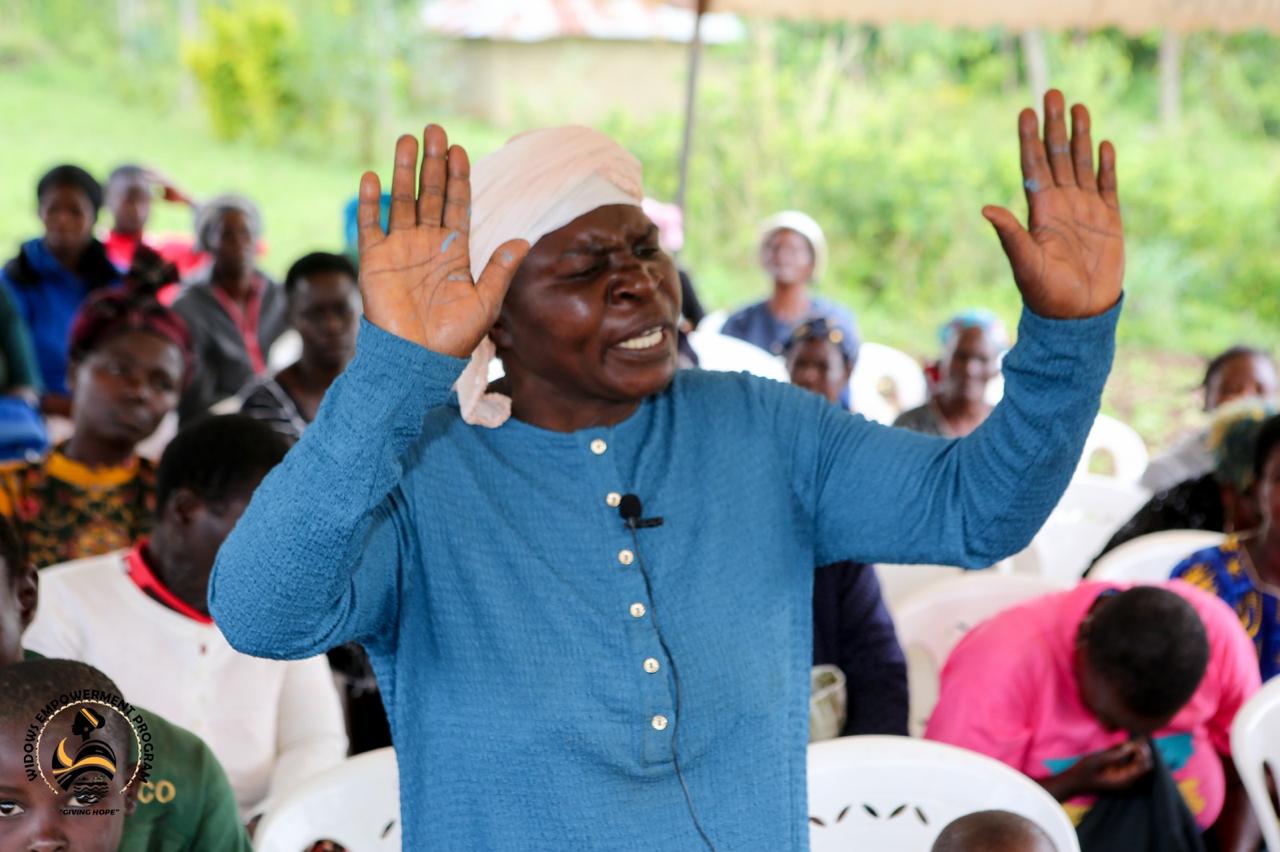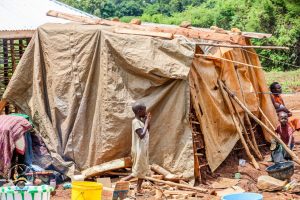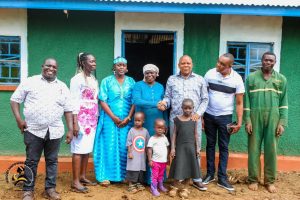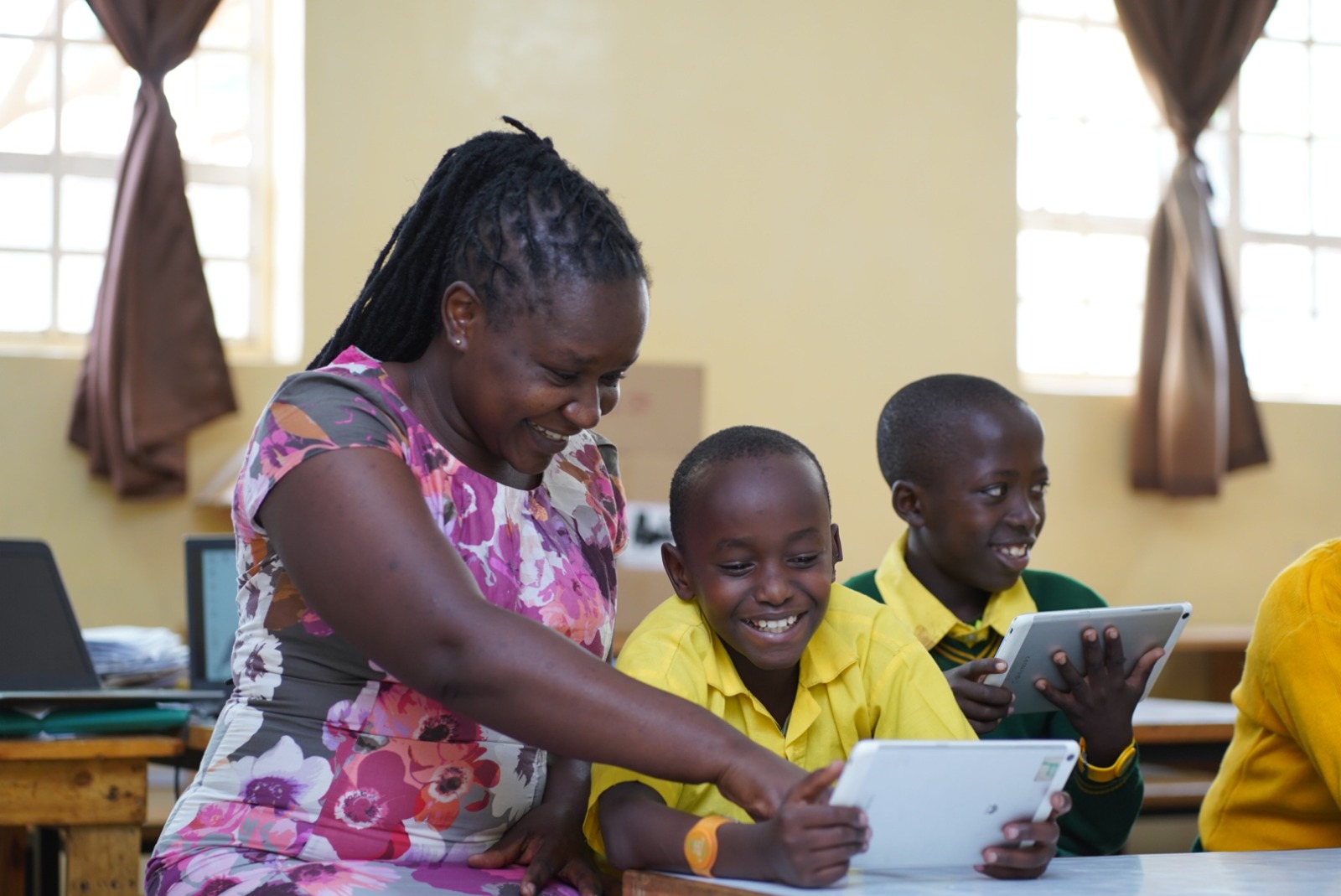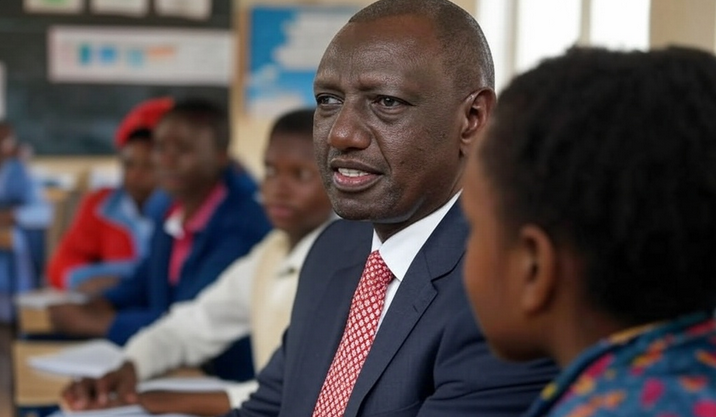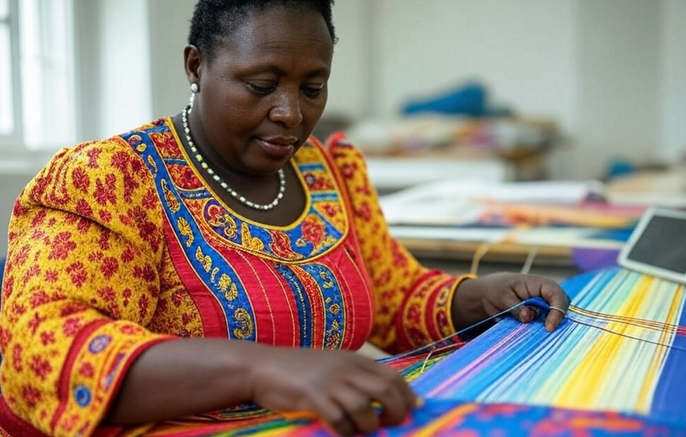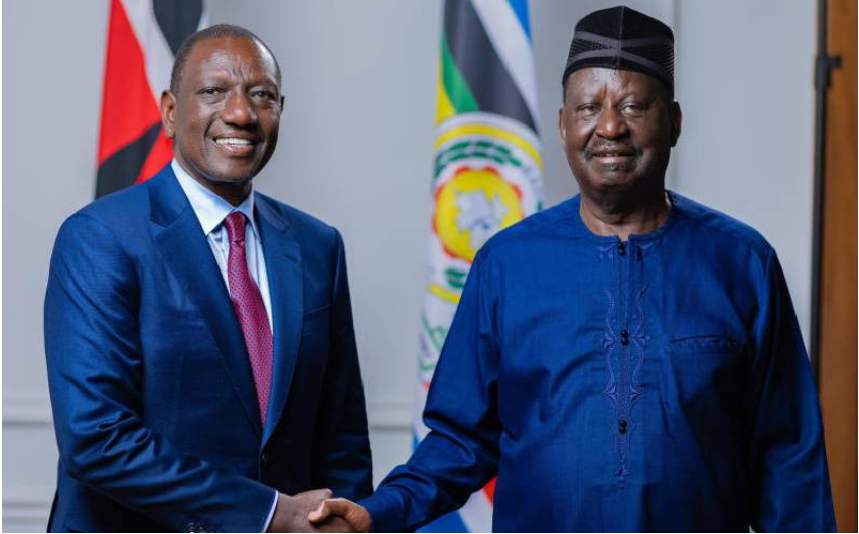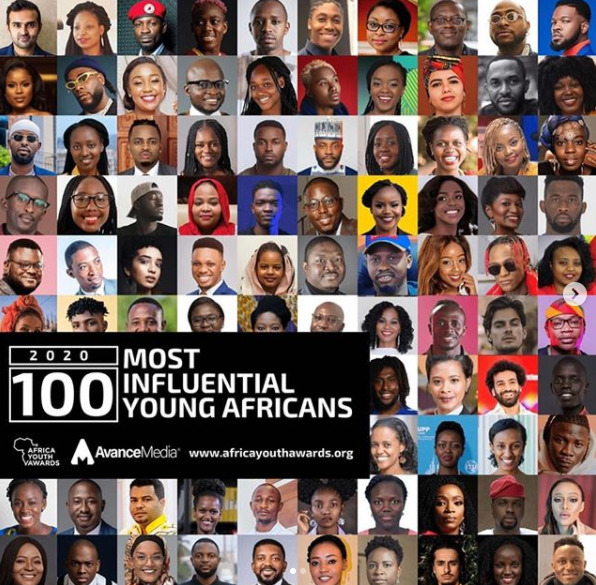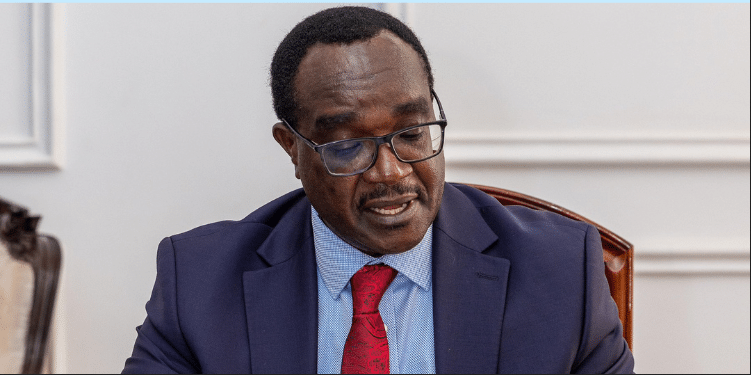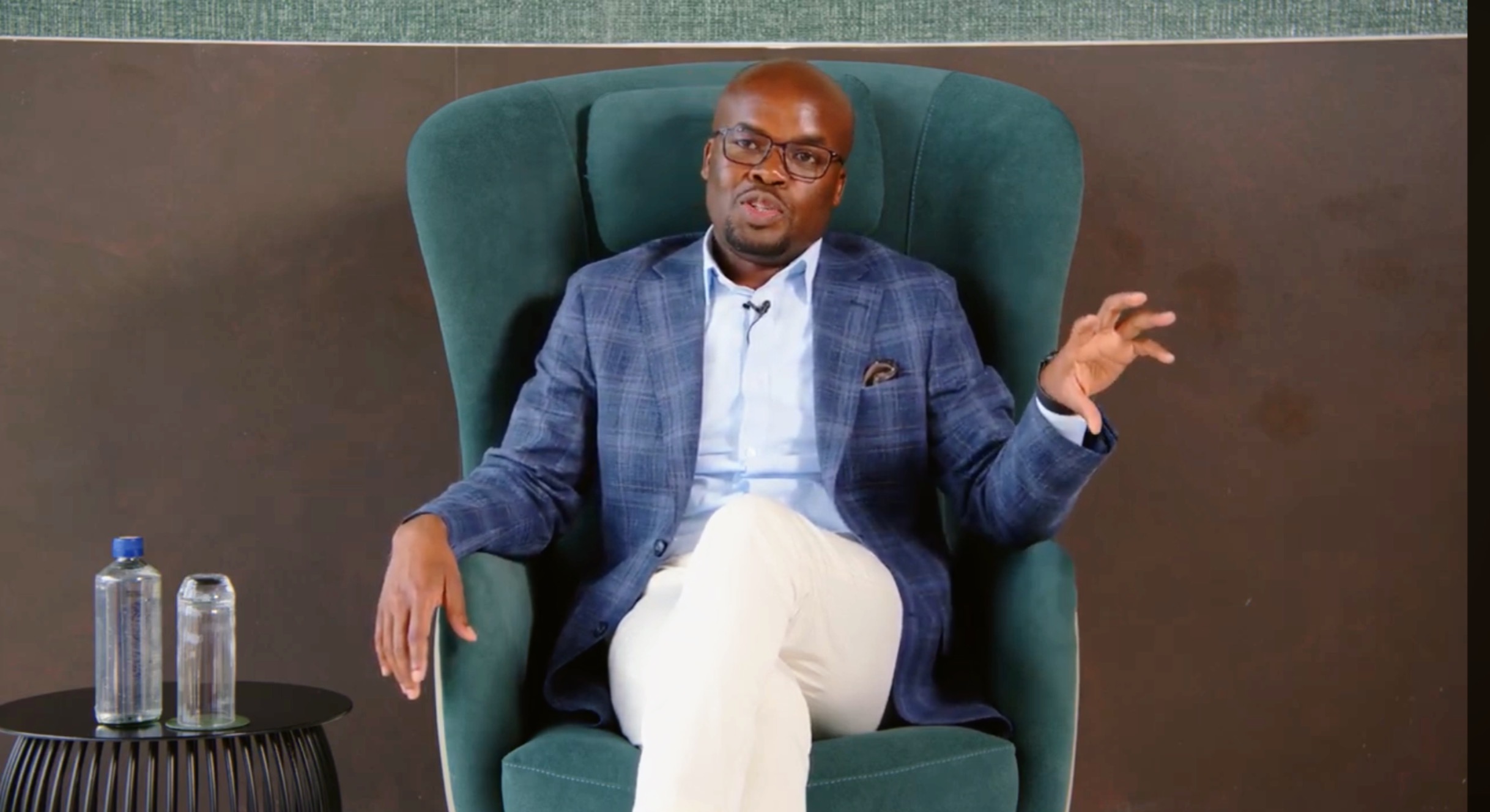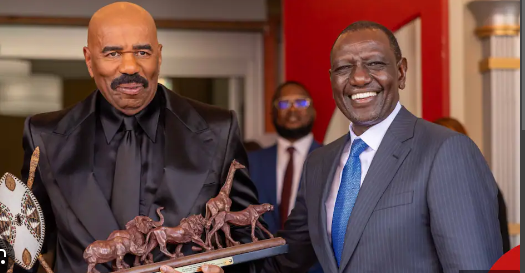Hollywood star Omari Hardwick, widely recognized for his iconic role as James “Ghost” St. Patrick in the hit TV series Power, recently made waves with his arrival in Kenya on March 14, 2025. Landing at Jomo Kenyatta International Airport (JKIA), the award-winning actor was greeted with a vibrant and colorful reception that showcased Kenya’s rich cultural heritage. His visit, which coincided with the grand opening of HQ Kenya House in Tatu City, has sparked excitement across the country, blending entertainment, business, and cultural exchange in a momentous occasion.
A Warm Kenyan Welcome
Hardwick’s arrival was nothing short of spectacular. Maasai dancers adorned in traditional attire welcomed him with rhythmic songs and dances, draping him in Maasai shukas as a gesture of hospitality. The actor, visibly delighted, embraced the experience, later sharing his enthusiasm with the media. “It feels great to be here! I’m looking forward to experiencing Kenya’s vibrant creative and business scene while using my platform to highlight what’s happening here,” Hardwick said, flashing his signature smile as he strolled through the airport.
The warm reception reflects Kenya’s growing reputation as a destination for high-profile visitors, with Hardwick joining a list of celebrities drawn to the country’s dynamic culture and opportunities. For many Kenyans, his visit is a point of pride, amplifying the nation’s presence on the global stage.
The Purpose of the Visit: HQ Kenya House Launch
The centerpiece of Hardwick’s trip was the launch of HQ Kenya House, an exclusive private members’ club located in Tatu City, a sprawling 5,000-acre development just outside Nairobi. The grand opening, dubbed “The Premiere,” took place on Saturday, March 15, 2025, and attracted a mix of high-profile entrepreneurs, creatives, and business leaders. HQ Kenya House is the second global outlet of the U.S.-based HQ House brand, following its successful establishment in Washington, D.C., and represents a bold step in connecting Black professionals and creatives across continents.
Founded by brothers John and Mike Burns, HQ Kenya House aims to foster a community where innovation, culture, and luxury intersect. With a hefty initiation fee of Sh650,000 and annual dues of Sh206,500, the club offers members unlimited access, guest passes, daily complimentary drinks, and reciprocal privileges at its D.C. counterpart. Hardwick, a member himself, expressed his excitement about the venture, noting its potential to bridge America and Africa. “I’m looking to have a fun time and also spread my wings in terms of business opportunities,” he said, emphasizing his intent to spotlight Kenyan businesses and talent.
Prudence Karimi, PR and Communications Manager for Tatu City, echoed this sentiment, highlighting the significance of Hardwick’s presence. “Omari’s visit is a major boost to Kenya’s creative and business landscapes. We have an exciting lineup of engagements for him, including interactions with top Kenyan creatives and an exclusive tour of Tatu City,” she shared.
Engaging with Kenya’s Creative Scene
Beyond the launch, Hardwick’s visit has been a celebration of creativity and empowerment. In an exclusive interview with TV 47 on March 16, 2025, at HQ Kenya House, he spoke passionately about the power of representation. “In my films, I strive to empower young people. When they see me—a Black man—making it, they think, ‘If Omari can do it, why can’t I?’” His words resonated with Kenya’s burgeoning creative community, many of whom see his success as an inspiration.
The actor also connected with local talent, immersing himself in Kenya’s vibrant cultural landscape. From learning the viral Swahili phrase “Panda kitanda” (which he repeated with a laugh) to mingling with figures like East African Legislative Assembly MP Winnie Odinga, Hardwick embraced the opportunity to engage authentically with the country. His interactions underscored the visit’s broader theme: a fusion of Hollywood stardom with African ambition.
A Broader Impact
Hardwick’s trip comes at a time when Kenya is increasingly positioning itself as a hub for business, leisure, and cultural exchange. Tatu City, the site of HQ Kenya House, is a testament to this vision—a Special Economic Zone designed to integrate living, working, and recreation. The actor’s involvement in the club’s launch signals Kenya’s appeal to global influencers and investors alike, boosting its tourism and creative industries.
For Hardwick, the visit is both personal and professional. Known for his multifaceted career as an actor, poet, and activist, he sees Kenya as a land of opportunity. “Kenya is an incredible place to do business, and we are excited to introduce HQ House as a space that blends culture, community, and curated luxury experiences,” said John Burns, co-founder of HQ House, speaking to the broader mission Hardwick supports.
A Lasting Impression
As of March 17, 2025, Omari Hardwick’s visit continues to generate buzz. From his warm airport welcome to the glitz of “The Premiere,” his presence has left an indelible mark on Kenya. More than just a celebrity appearance, it’s a moment of connection—between continents, cultures, and communities. For Kenyan fans of Power and aspiring creatives alike, Hardwick’s journey to their homeland is a reminder that ambition knows no borders, and the world is watching as Africa defines its future on its own terms.

